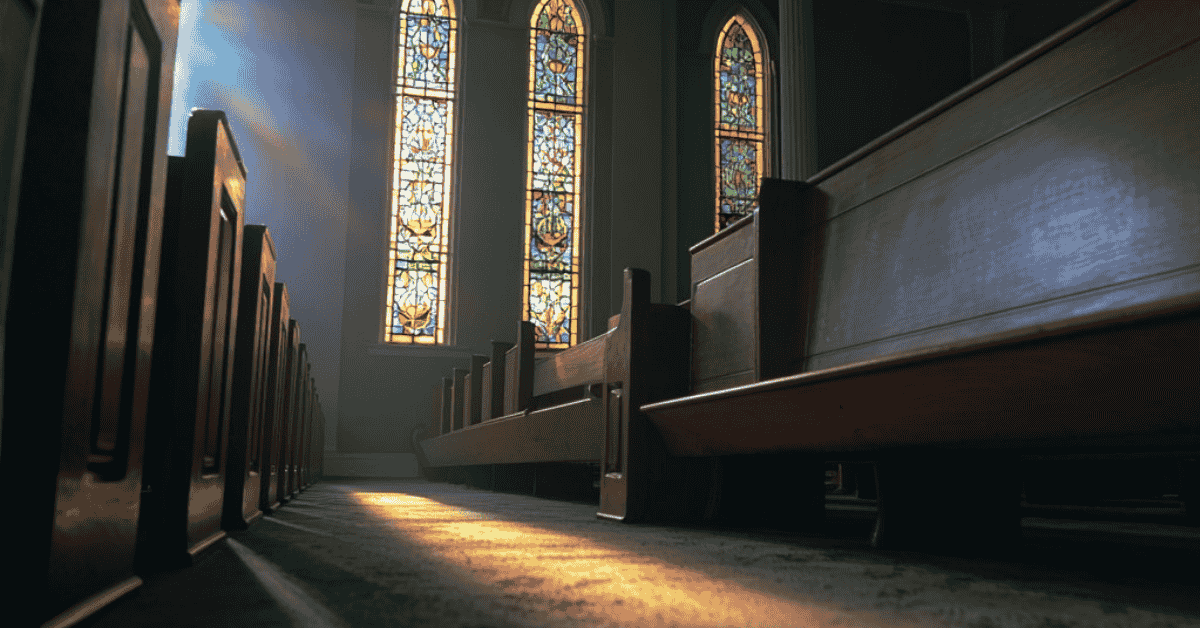Should I Tell My Family About My Childhood Sexual Abuse?
You’ve carried this truth like a locked box in your chest. Maybe for years. Maybe for decades. You’ve survived. But now, whether because of a trigger, a memory, or just the wear-and-tear of holding it in, a question rises up that won’t go away:
Should I tell them? My wife? My parents? My adult kids?
I’m writing this as someone who understands just how heavy that question is — and how the answer can shift hour by hour. You don’t owe disclosure to anyone. But if you’re thinking about it, it means something inside you is stirring. Maybe for healing. Maybe for clarity. Or maybe just because you’re tired of carrying it alone.
Whether you speak it aloud or keep it quiet, you deserve to feel safe, heard, and in control. And if you’re considering sharing your story, you don’t have to do it blindly — you can weigh what’s right for you.
If you ever decide to explore legal options, an Arkansas sex abuse attorney can help you understand what paths might be available — no pressure, just information.
The Silence We Learn to Survive
A lot of us grew up being taught — directly or not — that real men don’t cry, don’t feel, and sure as hell don’t admit pain. Especially not pain caused by someone else’s abuse. So we stay quiet.
We convince ourselves it wasn’t “that bad,” or that maybe it was our fault. And even if we do know the truth, we downplay it, bury it under jobs, marriages, football games, beers, business trips — anything that helps us forget for a little while.
But forgetting isn’t healing. And silence doesn’t equal peace. It just means we carry the weight alone.
Why This Question Cuts So Deep
“Should I tell my family?” isn’t really just about disclosure. It’s about fear. Fear of being doubted. Fear of being pitied. Fear of watching the people you love squirm under the weight of something you didn’t choose.
It’s also about identity. Who will I be after I say it out loud? Will they see me differently? Will they love me differently?
There’s no single right answer here. But if the question is eating at you, it means the silence is already costing something.
What Could Change If You Speak Up
Let’s be honest — disclosure is never easy. But for many survivors, it brings relief. Real, physical, emotional relief. Like unclenching a fist you didn’t realize you were making for thirty years.
Telling someone — a spouse, a sibling, a parent — might mean:
- Validation from someone who loves you
- Support you didn’t know they were capable of
- Understanding for past behaviors they never understood
- Connection that goes deeper than before
And yes, sometimes, it opens the door to legal options, especially if the abuse happened in Arkansas. There’s no statute of limitations for certain sexual abuse cases here, especially if the survivor was a minor — so speaking up could bring justice, if and when you’re ready.
But What If It Hurts?
Let’s not sugarcoat it: sometimes telling your story makes things messier.
- Some family members might refuse to believe you, especially if the abuser was someone they knew — or loved.
- Others may turn it around on you, out of shame or defensiveness.
- A few might just freeze — not because they don’t care, but because they don’t know how to care.
These reactions can feel like fresh wounds. That’s why disclosure isn’t just about bravery — it’s about readiness. Are you ready to handle whatever reaction may come, good or bad? If not, that’s okay. You’re not weak. You’re wise.
Who Are You Thinking About Telling?
Let’s break it down — because the person you’re thinking of telling matters.
Telling a Spouse or Partner
This is often the first person survivors consider. If you’re married or in a long-term relationship, you might feel like you’re keeping a secret that’s driving a wedge between you. Or maybe they already sense something and are waiting for you to open up.
Some partners respond with deep love and empathy. Others might struggle, especially if they’ve been affected by trauma themselves. But in many cases, survivors find that this kind of vulnerable honesty brings them closer.
Telling a Parent
This one is especially complex — and sometimes dangerous. What if your parent should’ve protected you? What if the abuser was someone they trusted — or still do?
Telling a parent may bring validation, or it might reopen old family wounds. If you’re considering it, prepare for any reaction. Their response does not define your truth.
Telling Your Adult Children
If your kids are grown, you might feel they deserve to know. Especially if the abuse affected how you parented. Some survivors feel relief in telling their children — not to burden them, but to help them understand.
This is a delicate balance. Frame it around your healing, not guilt. And only speak if you feel emotionally safe doing so.
Before You Say Anything: Safety and Timing Matter
There is no “right time.” There is only your time. Your safety — emotional and physical — has to come first.
Ask yourself:
- What do I need from this disclosure?
- What would I do if they don’t respond the way I hope?
- Do I have support lined up — therapist, friend, support group — just in case?
Remember, you get to control the story now. When, how, and to whom it’s told — that’s all up to you.
Some of this confusion exists because of how society’s abuse misconceptions have shaped our silence. Unlearning that is part of healing.
You’re Not Alone
More survivors are speaking out — quietly, loudly, in courtrooms, in therapy, and sometimes just over coffee with a friend. Every one of them felt scared before they spoke. And every one of them had to decide when the cost of silence became too high.
There are trauma-informed therapists who understand male survivor stories. There are survivor groups — in person and online — where men talk without shame. You don’t have to carry this solo.
If You Choose to Tell, Legal Support Is an Option — Not a Requirement
Some survivors worry that if they tell someone — especially a spouse or parent — it might start a snowball: reports, lawyers, courtrooms.
That’s not how it works. Telling your story doesn’t lock you into any path. But if, later, you do want to take legal action, it helps to know your options. Arkansas has updated laws that make it easier for adult survivors of childhood sexual abuse to file lawsuits, even decades later.
The point is: your story still matters. And the law may recognize that.
Want to understand more about why survivors stay silent? You’re not broken. The silence had a purpose — but it doesn’t have to be forever.
Institutions Are Being Called Out — You Can Too, If You Choose
Across the country, schools, churches, and youth organizations are starting to face the past. Survivors are speaking, and institutions are being forced to listen.
In some cases, confronting institutional abuse has led to public accountability — and private healing.
You don’t have to go public. But you should know: you’re not the only one wrestling with this decision. And there are people who will stand beside you if and when you decide to speak.
You Don’t Owe the Truth — But You Deserve Peace
The truth is yours. So is the silence. And only you can decide what brings peace.
If you’re not ready, that’s okay. If you are ready, you’re not alone.
And if you don’t know yet — then maybe this is where healing begins: not in the telling, but in asking the question out loud for the first time.



